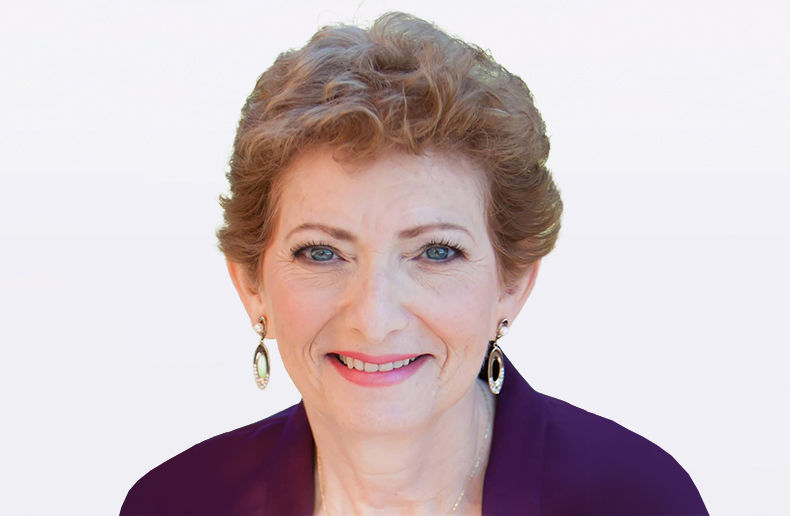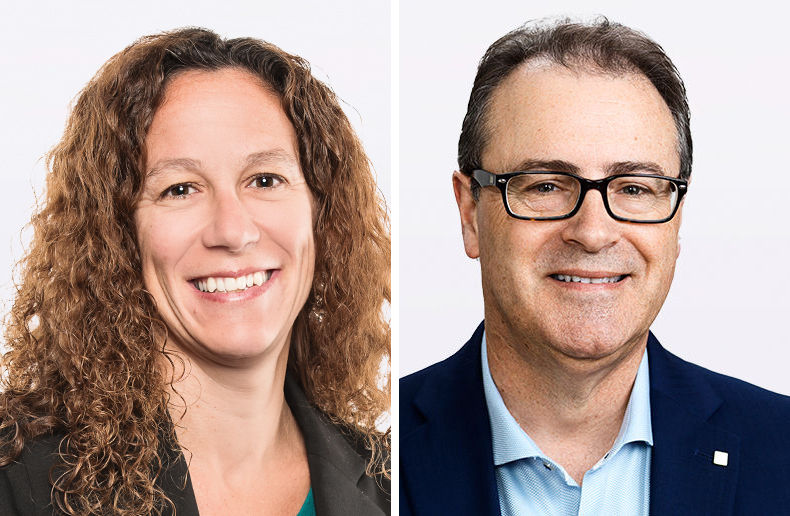The need for financial advice is more crucial than ever
By
Susan Yellin
|
Oct. 12, 2021, 10:57 a.m.

Photo: Freepik | pch.vector
Industry leaders speaking at the Investment Funds Institute of Canada’s annual conference underlined the growing importance of advice.
This article is reserved to PRO Level subscribers
Discover the PRO Level
Already subscribed? Sign in >
Advertisement
The most popular in Investment
Make your business shine with Visibility360!
Get a PDF version to share in your networks.
I'm interestedHeadlines
Advertisement
Related topics …

















